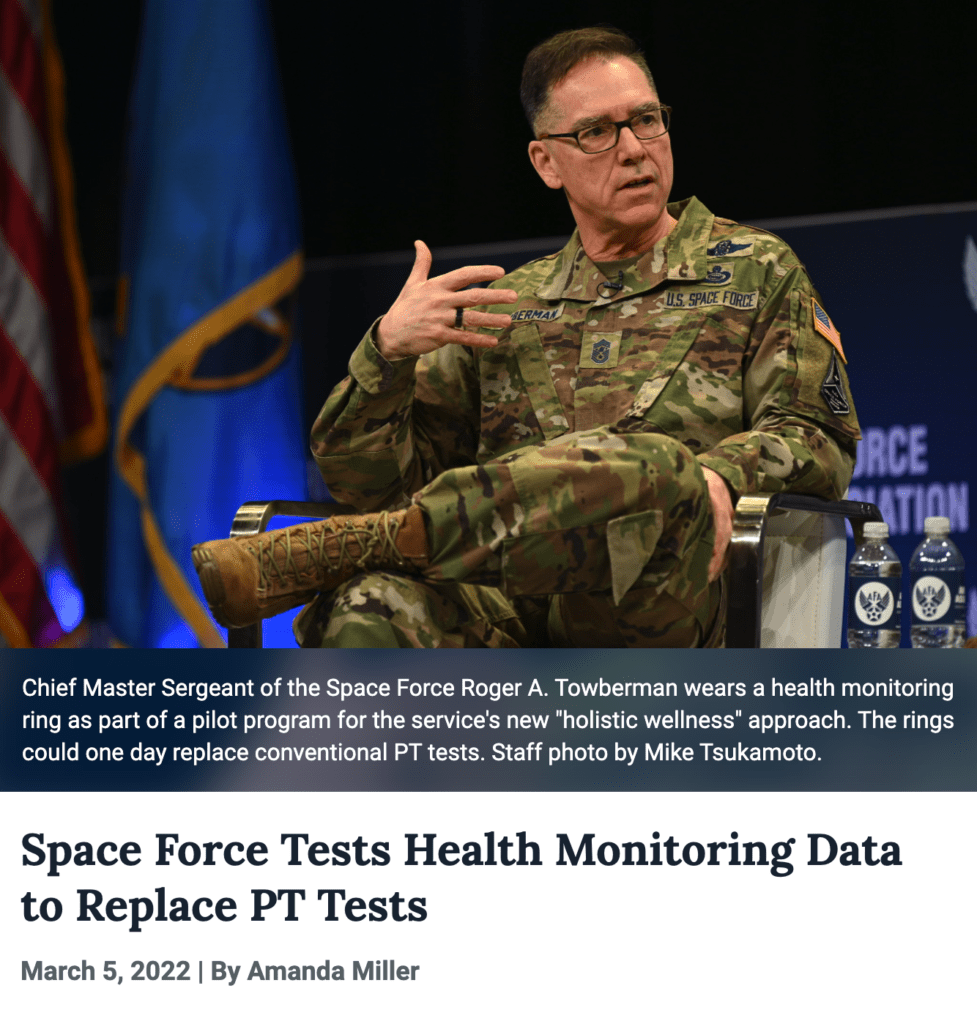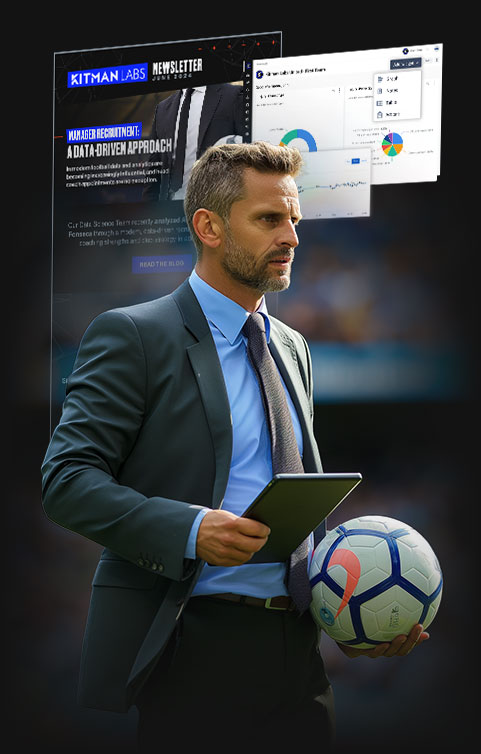Harvard Business Review’s Why Becoming a Data-Driven Organization Is So Hard should be required reading for elite practitioners and executives and management staff looking to level up their organizations.
The takeaway: while technical challenges and exploding amounts of data make for thorny issues all by themselves, changing the culture to embrace data is the hardest shift – and the most impactful. What should teams do? Start by recognizing that the right role of data is not displacing people but uniting them – and using it to strengthen their instincts.
“91.9% of executives cite cultural obstacles as the greatest barrier to becoming data driven… This is not a technology issue. It is a people challenge.”
Working with hundreds of elite teams and leagues worldwide, our Performance Experts help people with this every day. Here are three lessons we’ve learned helping our partners evolve their culture to be more data-driven:
Share the vision: Aligning the team around where the organization is trying to go is essential. An engaged leadership team is critical for buy-in at the sport and the executive level so everyone understands what people are trying to achieve.
Equip everyone so they know how to maximize the opportunity. A community of users who can successfully use the tools and technology to realize the benefits unlocks far more advantages than having a few who hold the keys. This is also why sharing the vision is so important: without it, people are either rudderless or working at odds.
Know how to measure success. The whole point of data is objective information that informs better conversations and lets people get better processes. Too many don’t take time to look back and refine their process. And when they do, the disappointment over a loss or the excitement of a success brings a ton of bias. Data helps neutralize it and objectively determine the strength of your processes so you can make clearer decisions.
As you execute on these three core lessons, pick processes that unite people around their data.
For elite sport to mature its data use – as other sectors and industries have already done – it isn’t just about having data, it’s about developing processes to receive, review, learn, and act across all departments in a way that supports each group. As you go about developing those processes, it’s vital to remember that growing a data-driven culture is a people challenge, not a person challenge. Teams can’t expect a point solution – picking up an extra data scientist here or a piece of software there – to deliver the results they need.
Instead, they need to thoughtfully seek out lasting cultural change by making the decision to leverage data and analytics from the top down and across the organization.
Remember also that being data-driven is everyone’s responsibility.
As Lance Armstrong’s NEXT VENTURES fund colorfully puts it, “data is eating the world.” Looking through a lens of consumer health data, they argue that a massive amount of information is “significantly more valuable when it can be interpreted in a way that creates positive behavior change.”
But whether it’s consumer health or elite athlete health, the reality is it’s unfair to expect a designated person – or even a team of data scientists – to drive organization-wide “positive behavior change.” That’s a shared responsibility from everyone.
In our work with hundreds of organizations across multiple sports, we’ve seen a fascinating change take place when people embrace this responsibility: they adapt to act on insights from data, which spurs fresh insights, which sparks the next round of adaptation. It becomes a virtuous, iterative cycle that involves the entire organization. That’s a true, data-driven culture.
To get a handle on data, get help
Data is coming so much thicker and faster than ever before – organizations are drowning in it. Facing exponentially growing data sets, teams have just too much to harness on their own. They can’t surface the value they need at speed. Worse, data today is fragmented – it lives in different places.
That’s why we developed The Intelligence Platform (iP) ® as a place for teams to unite their people, processes, and practices for intelligence in one complete system that’s capable of continuously improving and cultivating their environment. We believe the iP is the operating system of the future for global sport – that it will take athletes, organizations, investors, fans, and the industry worldwide in an entirely new and better direction. And our Performance Experts walk with our partners every step of the way.
sport – that it will take athletes, organizations, investors, fans, and the industry worldwide in an entirely new and better direction. And our Performance Experts walk with our partners every step of the way.
Lastly, tech tools are still only tools.
Human beings have a natural tendency to think a new tool will solve most of our problems. Even as the technology gets better and better for surfacing unique insights relating to athlete performance, leaders can’t lose sight that it’s their club’s broader culture that matters most. Is it willing to embrace those insights and act on them?
We might be seeing one example playing out in real time with the U.S. Space Force. The military has long appreciated performance intelligence and now its newest branch is considering using continuous health monitoring rings to replace annual physical training tests as part of its wellness program.
It’s great that people can access more and more detailed data to track the effects of changes in their behavior. But this should come in the context of a clear cultural direction. Where does the Space Force want to go with the health and performance data of its people overall? Has the culture been built to truly understand what high performance looks like? If the answer is “not yet,” then looking at what’s happening in the world of elite sport isn’t a bad place to start.
I share my thoughts on sport’s most impactful developments and news on an ongoing basis. I welcome your feedback on Twitter or at stephen@kitmanlabs.com.




